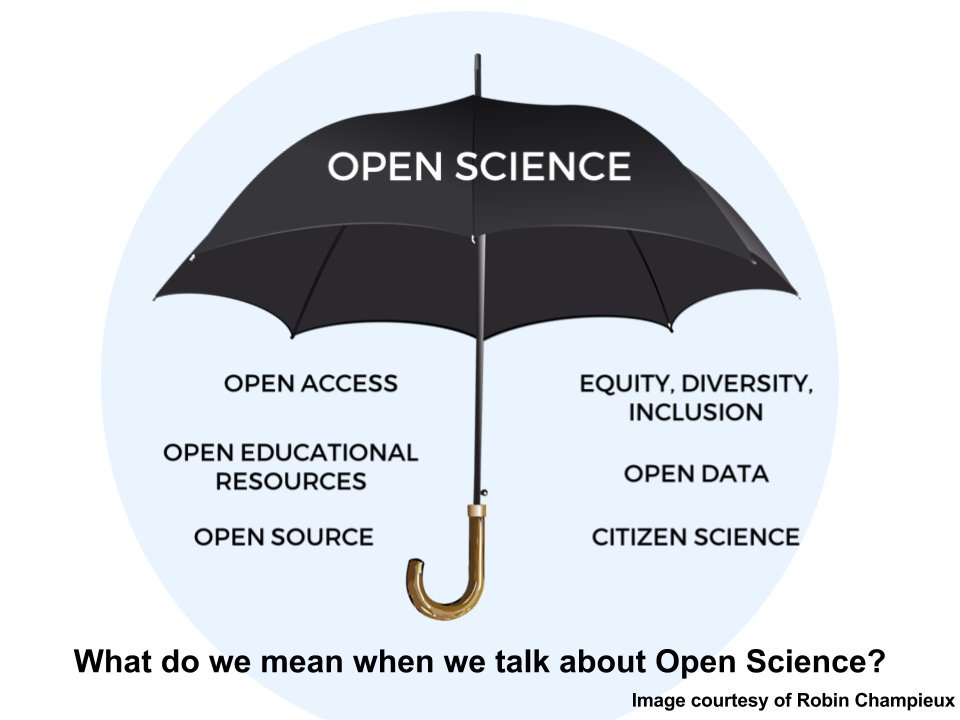Open Science: Sharing is caring but is it privacy theft?
David Mehler and Kevin Weiner are members of the Communications Committee for the Organization for Human Brain Mapping. They reached out to six members of OHBM and asked them their opinions on open science. You can read our collated opinions at the PLOS blog.
(Spoiler alert, my answer to the post title, is it privacy theft? No. I don’t really address the ethical challenges of open science in this article. There’s a lot more to say about them, but maybe we’ll save those for another day.)
I’m delighted to have been featured in this blog post - I’m in exceptional company with some of the most established leaders of open science practices in Neuroimaging. If you don’t already know Adam Thomas, Russ Poldrack, Jeanette Mumford, Niko Kriegeskorte and Lara Boyd you should definitely go and read the blog to find out more.
I’ve copied and pasted my section below, but first I’ll highlight the thing I’m most proud of. The picture that accompanies the blog was made by Robin Champieux and beautifully visualises the different aspects of open science (or open research if we wanted to be even more inclusive). I may be the one quoted in the blog as explaining these different facets of open science, but I’ve learned them all from the wonderful OpenCon and Mozilla Science communities. Thank you to Robin, Olivia Guest, Penny Andrews and Danielle Robinson (among so many others) for teaching me so much. 🙌💖🎉

My quote in the article
Change is coming. Before we continue, let’s define some terms for potential readers: open science is an umbrella term that can mean different things to different people. Open access research allows everyone to learn from scientific work (particularly that paid for by the tax payer). Open educational resources mean we don’t re-invent the wheel when we teach others about our work. Open source materials are ones that allow you to see inside, and improve, the black box. Open data allows researchers to verify our work, and conduct analyses that could not be carried out by one group alone.
Open science also means open to everyone. We can use the power of curious non-experts through Citizen Science projects. The Open Neuroimaging Laboratory was a finalist for the Open Science Prize and sought to “lower the barriers for researchers, students, and citizen scientists to help scientific discovery”. We can look to other neuroscience projects such as Eye Wire and FoldIt for inspiration in the future.
Finally, open science means open for all. Whose voices are not currently represented well in our field of study? Who is not advancing to tenured positions? How do we ensure that researchers in the developing world are able to contribute to our quest to understand the human brain? All of the open practices above facilitate the inclusion of under-represented minorities, but it will require ongoing focus and consideration to create an equitable community. That’s my biggest challenge: addressing my implicit (and explicit) biases to ensure we have bigger, better and more diverse ideas in the future.
I would like to live in a world where helping to advance the boundary of scientific knowledge is rewarded through new findings and by confirming (or not) already published results irrespective of who owns the data.
Thank you David and Kevin
It takes a lot of work to wrangle six different academics! Thank you David and Kevin for bringing this piece together and framing it with such a lovely introduction. I’ve copied and pasted this information about them from the blog post so my readers know just who you both are ☺️
David Mehler is an MD/PhD student at Cardiff University (UK) and the University of Muenster (Germany). Kevin S. Weiner is an Assistant Professor at UC Berkeley in the Department of Psychology and Helen Wills Neuroscience Institute. They are both members of the Communications Committee for the Organization for Human Brain Mapping.
Here’s the link to the blog post at PLOS if you haven’t already visited: http://blogs.plos.org/neuro/2018/01/31/open-science-sharing-is-caring-but-is-privacy-theft-by-david-mehler-and-kevin-weiner
